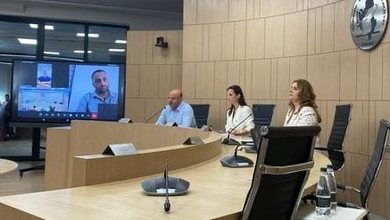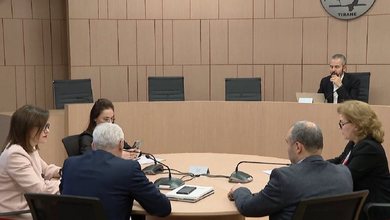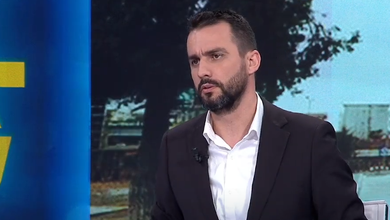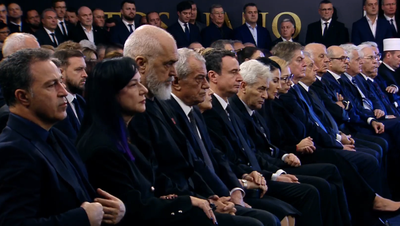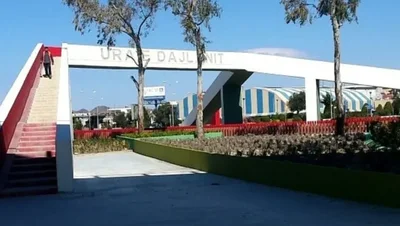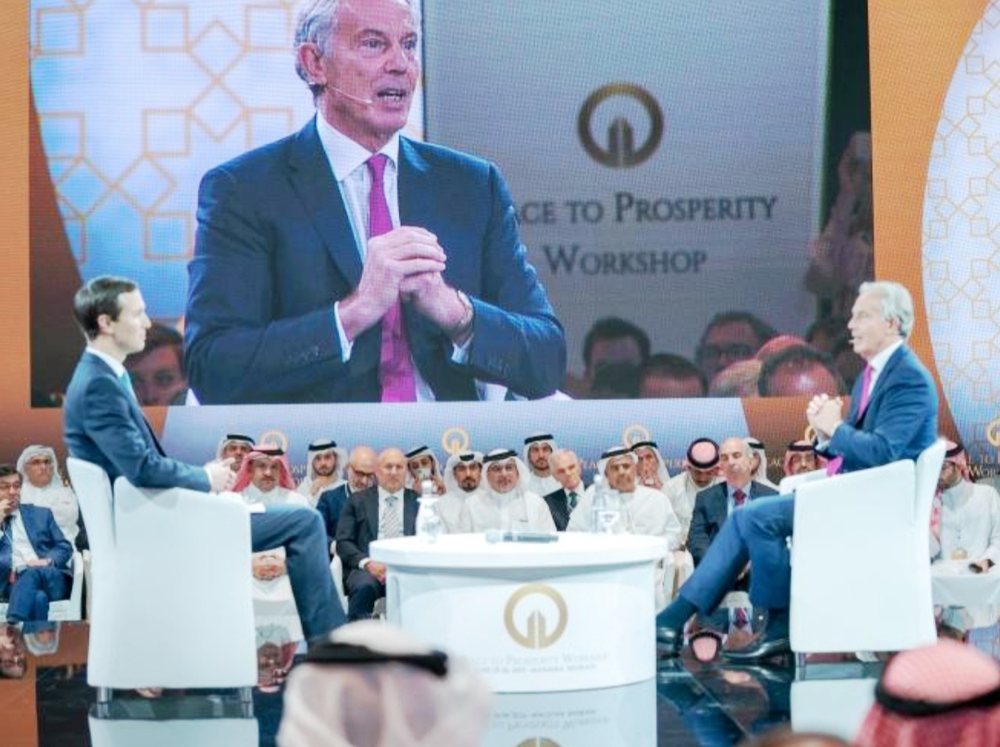
The former prime minister's institute provides consultancy, including on the future of the Gaza Strip
He was an icon of the global left, and now he advises Donald Trump. In the 1990s, Tony Blair was the symbol of Cool Britannia, a young and progressive prime minister who, after 11 years as a Conservative, had led the United Kingdom into an era of globalization, a pop culture revival and, not least, peace in Northern Ireland with the 1998 accords. Of course, his reputation was at least tarnished by his participation in the Iraq war, alongside the Americans, in 2003, an unpopular choice. However, the latest chapter of his life has surprised many, in a negative way: the former British prime minister is offering advice to the Americans on how to manage the "day after" in Gaza. And, at least according to what Trump has said so far, the plan could involve the displacement of the civilian population.
Today Blair — who left Downing Street in 2007 and then, for eight years, was the Middle East representative of the so-called "Square" — the UN, the US, the EU and Russia — runs a consultancy. "Transforming bold ideas into reality" is the motto of the Tony Blair Institute for Global Change, also known by its acronym TBI. In nine years of activity, it has collaborated with more than 40 governments. With about a thousand employees, an executive chairman, Blair, who does not receive a penny, and four directors who collectively receive $2 million, it is a non-profit organization. The latest balance sheet shows revenues of about $150 million and a large expansion, with operating expenses of $152 million.
Blair's presence at the White House meeting on the future of Gaza raises more than one eyebrow, but it is not the first time the institute has caused controversy. The TBI deals with topics ranging from climate change to artificial intelligence to weight loss drugs, and its activity on the global stage has largely provoked opposition: "There are governments and organizations with which we have decided not to cooperate," the former prime minister explained in an interview with the Financial Times, without mentioning names. But in general, if the goal is to find solutions to global problems, any commitment is welcome.
This is why the consultancies for Mohammed bin Salman, the de facto leader of Saudi Arabia, have been criticized, despite his suspected role in the murder of journalist Jamal Khashoggi, and the close cooperation with the United Arab Emirates and Azerbaijan, which in 2023 and 2024 have organized — with Tony Blair in the lead — the climate conferences (COP 28 and 29). Not to mention the ties with Ilham Aliyev, the president of Azerbaijan accused of ethnic cleansing in Nagorno-Karabakh.
Then there are the relations with Bahrain, as well as a series of controversial funding that has enriched the institute's operations, such as the approximately $250 million from the foundation of Larry Ellison, the billionaire founder of Oracle, which financed Donald Trump's election campaign.
TBI, whose strategic advisors include former Finnish Prime Minister Sanna Marin, former British Chief of Staff Sir Nick Carter and former Italian Prime Minister Matteo Renzi, has not yet commented on the Washington meeting. It was revealed last month that some of its members were involved in a project by the Boston Consulting Group that envisioned transforming the Gaza Strip into a "Gaza Riviera."
The plan, presented to the Trump administration, included several artificial islands modeled after Dubai and the construction of a port. At the time, the institute stressed that "the goal is always to create a better place for Gazans" and that neither the former prime minister nor his think tank have ever accepted or supported the hypothesis of forced population displacement. When seeking solutions, a spokesperson stressed, "it is always better to be present at the negotiating table, even if only to listen."
Source: Corriere della Sera/ Paola De Carolis





